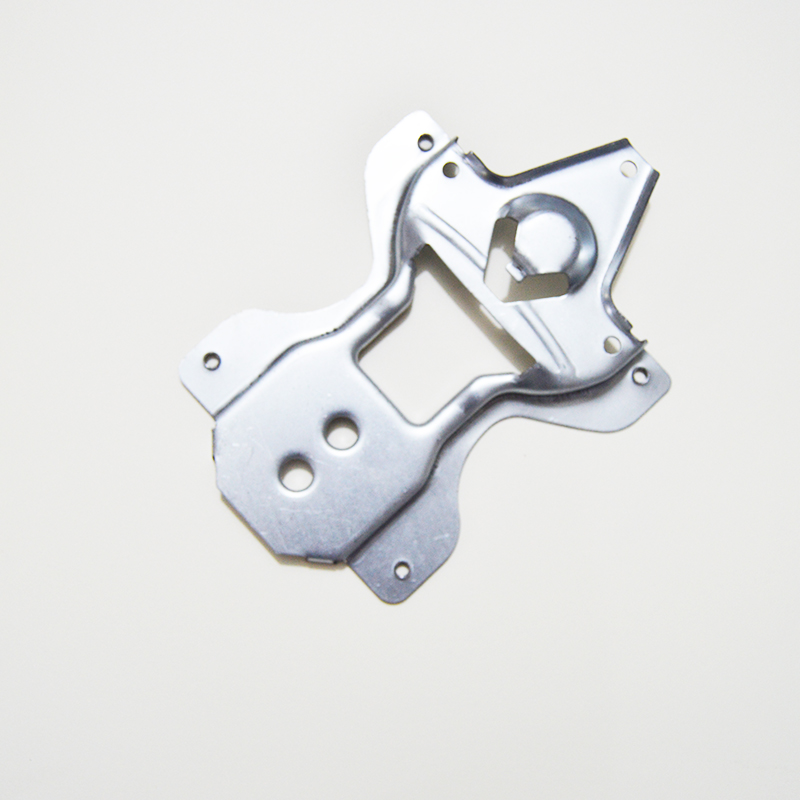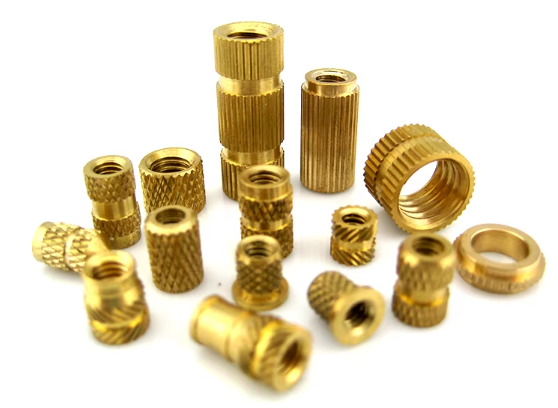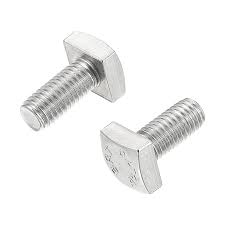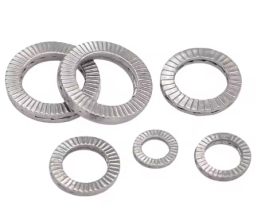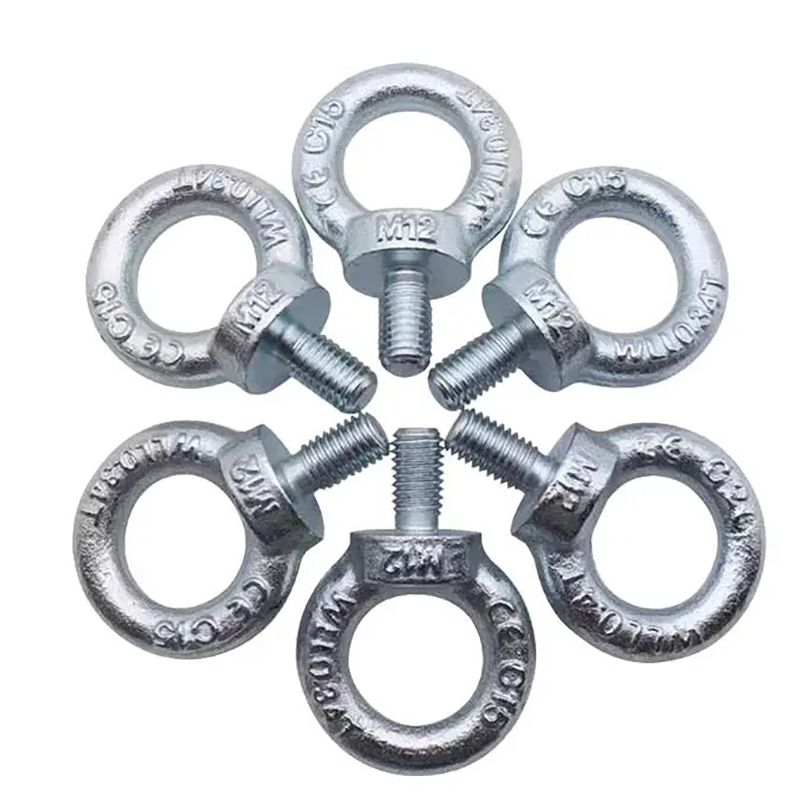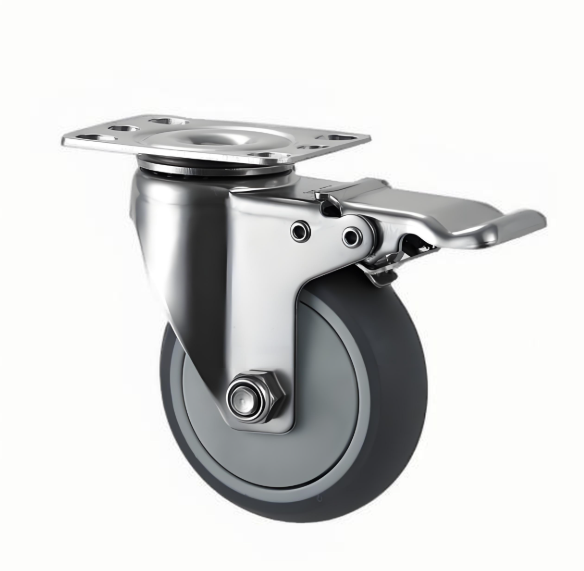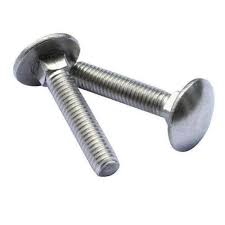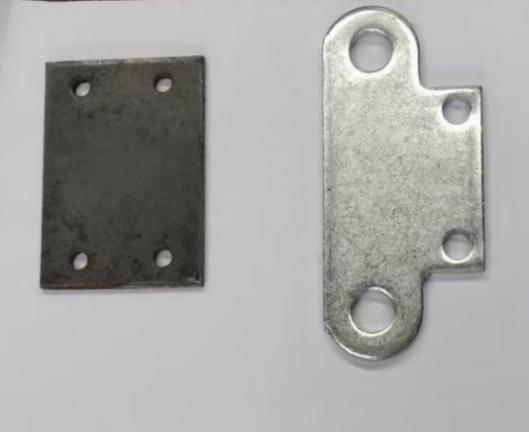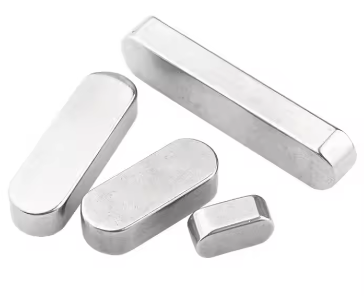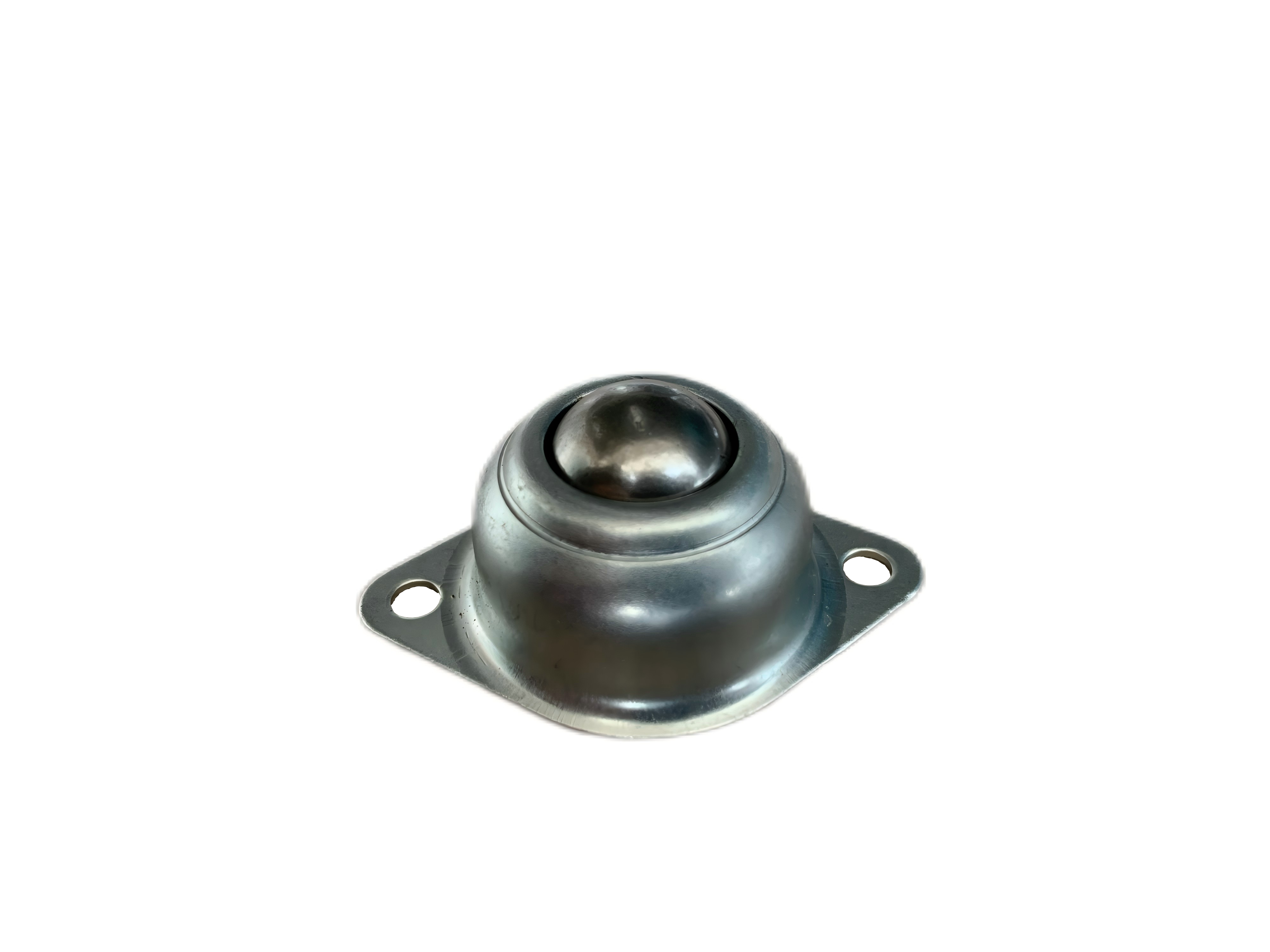

This guide provides comprehensive information on purchasing stainless steel nuts, covering various types, applications, considerations, and where to find reliable suppliers. Learn how to choose the right nut for your project and avoid common pitfalls.
Stainless steel nuts come in various grades, each with different properties and applications. Common grades include 304 (18/8) stainless steel, known for its corrosion resistance and workability, and 316 (18/10) stainless steel, offering superior corrosion resistance, particularly in marine environments. The choice depends on the intended use and the level of corrosion protection required. Selecting the correct grade is crucial for ensuring the longevity and performance of your project. For instance, if your application involves exposure to saltwater, 316 stainless steel stainless steel nuts are preferred.
Several types of stainless steel nuts cater to different needs. Hex nuts are the most common, offering a six-sided shape for easy wrenching. Other types include cap nuts (for a finished look), flange nuts (providing a larger bearing surface), wing nuts (for hand-tightening), and more specialized nuts like castle nuts (with a slot for a cotter pin, for added security). Choosing the right nut type ensures proper fit, function, and safety.
Stainless steel nuts are available in a wide range of sizes and thread pitches (threads per inch). Accurate sizing is essential for a secure and reliable connection. Consult engineering specifications or refer to manufacturer datasheets for accurate sizing information. Incorrect sizing can lead to stripping or loose connections.
Ensure that your stainless steel nuts meet relevant industry standards (e.g., ISO, ASTM). Reputable suppliers will provide certificates of conformity or test reports to verify the quality of their products. This ensures compliance with safety regulations and guarantees long-term performance. Quality materials and adherence to standards result in superior connections and extended service life.
Choosing a reliable supplier is critical. Look for suppliers with a proven track record, positive customer reviews, and transparent business practices. A trustworthy supplier will ensure timely delivery and provide excellent customer support. Here at Hebei Dewell Metal Products Co., LTD (https://www.deweLLfastener.com/), we pride ourselves on providing high-quality stainless steel nuts and exceptional customer service. Contact us to learn more about our offerings.
Compare prices from different suppliers, considering factors like quantity discounts and shipping costs. Bulk purchasing often results in significant cost savings. However, evaluate your project requirements to avoid unnecessary overstocking. Carefully consider the cost per unit to make informed purchasing decisions.
You can purchase stainless steel nuts from various sources, including online retailers, hardware stores, and specialized fastener distributors. Always verify the supplier's reputation and the quality of their products before making a purchase. Hebei Dewell Metal Products Co., LTD provides a wide range of high-quality stainless steel nuts at competitive prices. Visit our website at https://www.deweLLfastener.com/ to explore our extensive selection.
Selecting the right stainless steel nuts for your project requires careful consideration of several factors. By understanding the different types, grades, and sizes available, and by choosing a reliable supplier, you can ensure a successful project with secure, durable, and long-lasting connections. Remember to prioritize quality, check specifications, and compare options before making your purchase.
| Stainless Steel Grade | Corrosion Resistance | Typical Applications |
|---|---|---|
| 304 (18/8) | Good | General use, construction, food processing |
| 316 (18/10) | Excellent | Marine environments, chemical processing |
Disclaimer: This information is for guidance only. Always consult relevant standards and specifications for your specific application.

